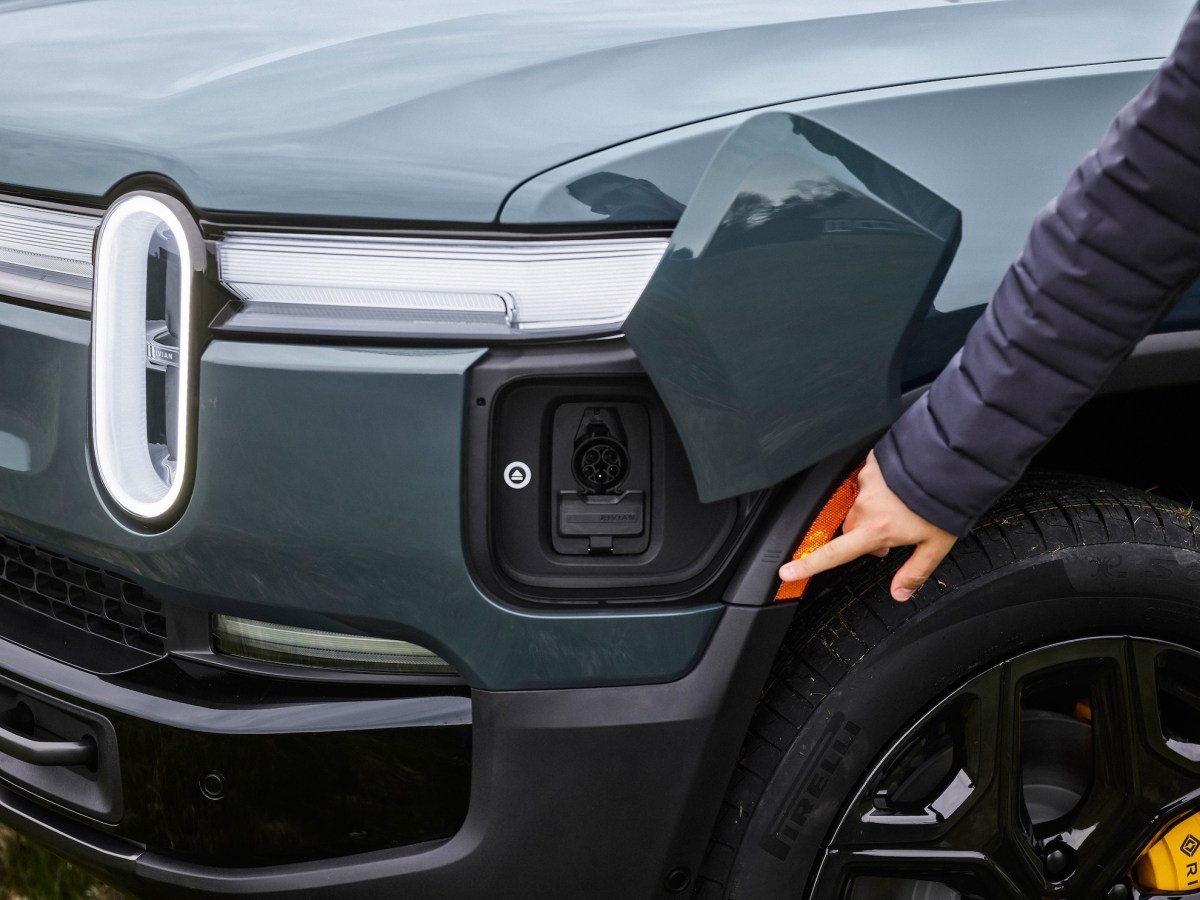Rivian reported Thursday revenue of $874 million in the third quarter — more than 12% lower than analysts’ estimates — as the EV startup struggled to resolve a component shortage that disrupted production of its recently overhauled flagship R1S and R1T vehicles.
Last month, Rivian lowered its annual production guidance to 47,000 to 49,000 vehicles due to the “acute” supply problem for a component within its Enduro motor, a single-motor-per-axle system used in Rivian R1 vehicles. The Enduro motor, which first debuted in vehicles in 2023, is emblematic of Rivian’s push to become more vertically integrated and less reliant on suppliers. In this case, the effort to bring design in-house has negatively affected production.
“This has been a tough quarter for us because of some of those supply chain or supply ramp challenges, and one of those suppliers in particular has limited our production quite substantially,” founder and CEO RJ Scaringe said. “And we’re working very, very hard to address that. This is one of our highest priorities in terms of the business, and we’re seeing this is really a short-term issue, but it certainly introduced challenges.”
While the supplier problem was largely responsible for its revenue hit, there was still a gap between production and delivery in the third quarter. Rivian said last month it produced 13,157 vehicles and delivered just 10,018 — a difference that suggests demand for its pricey EVs was also a factor.
The company now says it will revise its annual adjusted earnings guidance to between a $2.82 billion and $2.87 billion loss. Rivian had previously estimated an adjusted earnings loss of $2.7 billion.
Rivian’s third-quarter revenue of $874 million is 34.6% lower than the $1.33 billion it generated in the same period last year. The company said revenues from the sale of regulatory credits were $8 million for the quarter. Rivian was able to reduce operating expenses, which helped it narrow losses to $1.1 billion.
The gloomy revenue numbers, driven by lower production and deliveries, come as Rivian attempts to rein in costs, improve efficiency, and market the next generation of its flagship R1T pickup truck and R1S SUV as well as commercial vans, which are primarily sold to Amazon. Rivian said it has started production of a tri-motor variant of the R1 vehicles — a more expensive version — that could provide some capital and supply chain relief.
Rivian said it also continues to make progress on its next-generation R2 platform, a midsize SUV that Scaringe said “will be a fundamental driver of Rivian’s growth.”
Rivian announced Thursday a battery supplier partnership with LG Energy Solution (LGES) to supply batteries for the R2. Under the agreement, LGES will supply 4695 cylindrical battery cells, which will be produced at a factory in Queen Creek, Arizona.
Rivian said it expects R2 production to begin in the first half of 2026.

